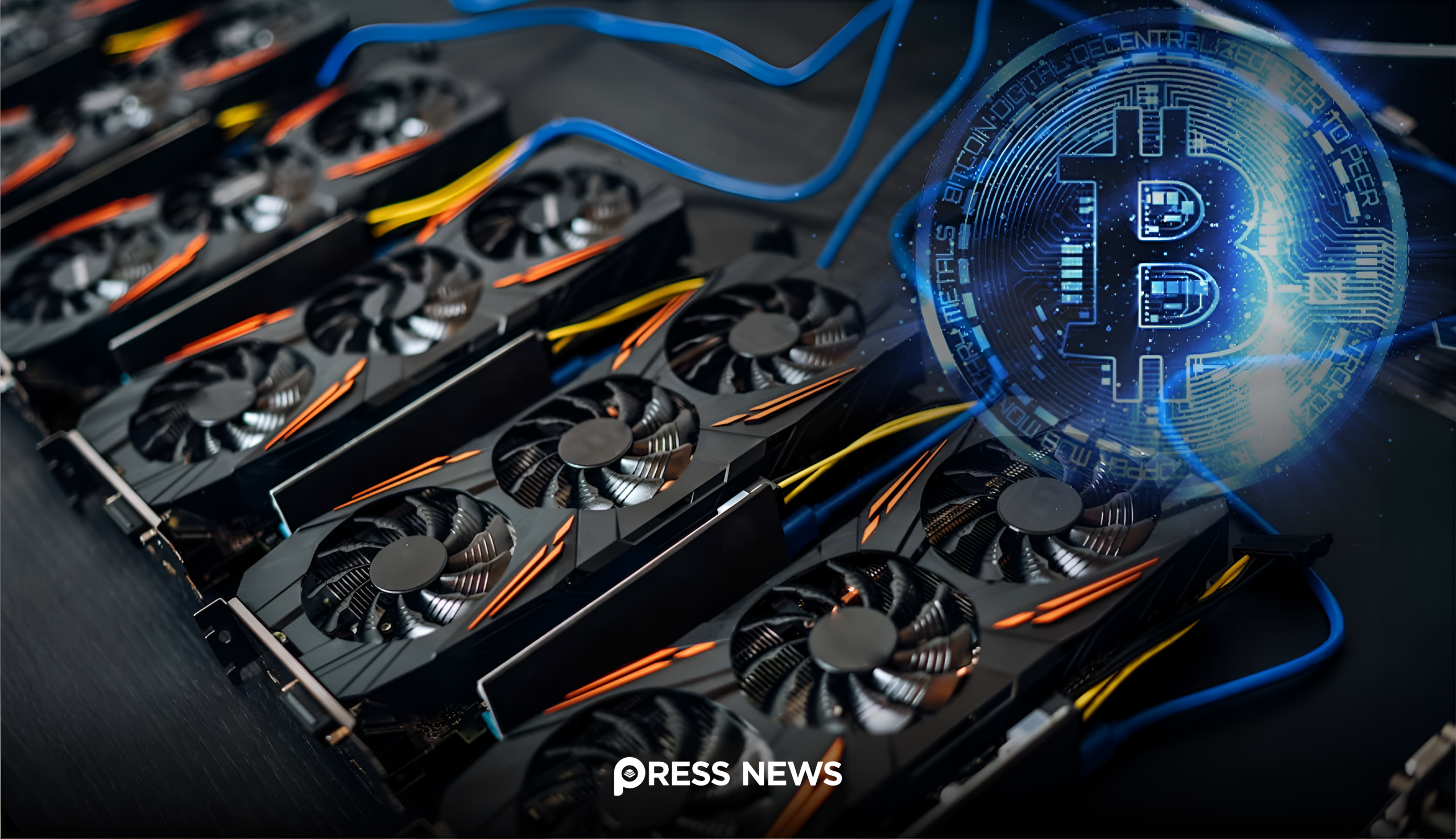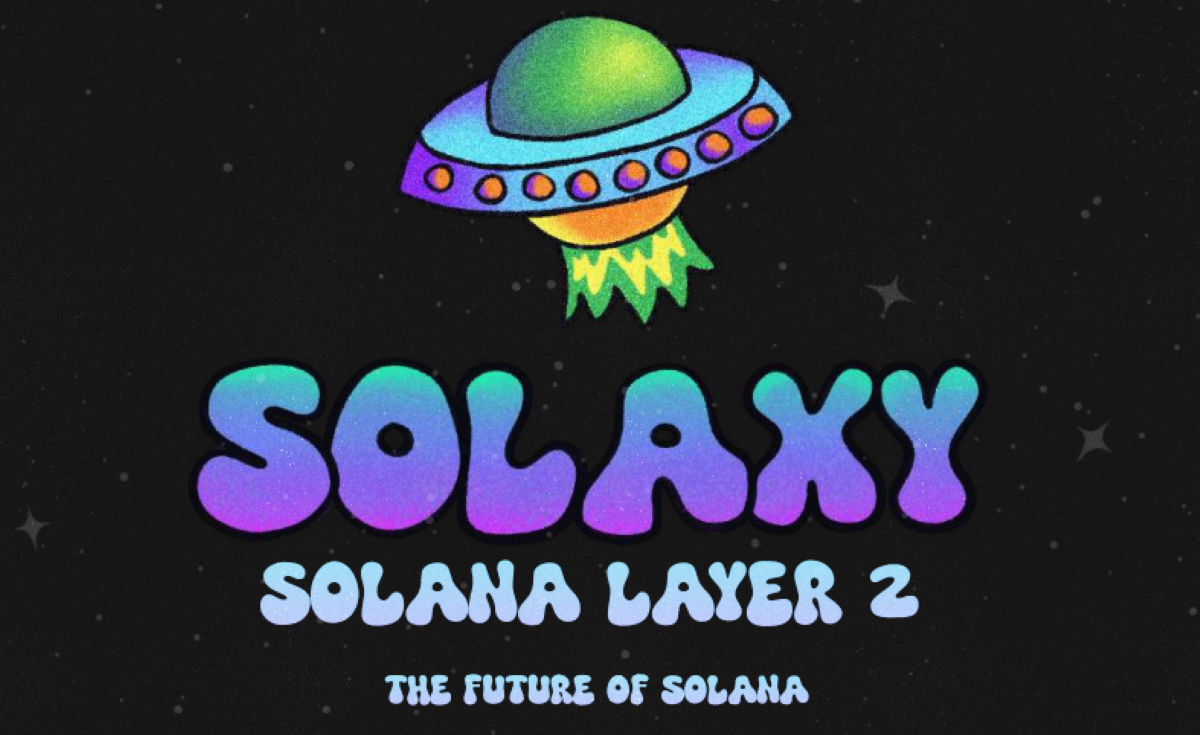Hedera Foundation Partners with The Binary Holdings to Onboard 169 Million+ Users
Just days after launching its new tokenized equity trading platform in the European Union, Robinhood is already facing an overwhelming surge of interest from private companies eager to digitize their shares for blockchain-based trading.
The initiative, still in its early stages, could upend how equity ownership is issued, traded, and accessed by everyday investors, potentially shifting power away from traditional exchanges and putting private markets on-chain.
Tokenizing Shares: The New IPO?
Robinhood’s European platform allows users to trade tokenized versions of over 200 U.S. public company stocks. These are blockchain-based derivatives backed 1:1 by shares held by U.S. brokers. When a user buys or sells a token, it is minted or burned accordingly, all while remaining tied to the underlying stock’s real-world value.
But beyond offering access to existing public equities, the platform has started teasing something much more revolutionary: tokenized shares of private companies.
In an interview with Bloomberg, Robinhood CEO Vlad Tenev confirmed that since the platform’s launch, dozens of private firms, including some tech unicorns, have reached out to get their shares tokenized and offered to the public.
“I’ve had a deluge of inquiries,” Tenev said. “Private companies want to access retail and be a part of this revolution.”
With private companies staying out of public markets longer than ever, often delaying IPOs or never going public at all, tokenization offers a new path forward. For retail investors, it means potential access to high-growth firms long before they hit the Nasdaq or NYSE. For startups, it means global exposure and fresh capital without the red tape of traditional equity offerings.
Regulators Step In: Cautious but Curious
Of course, no financial revolution happens without regulatory friction. Robinhood’s launch has drawn the attention of the Bank of Lithuania, the financial authority overseeing the platform’s operations in the EU.
The regulator has already requested formal clarification on how Robinhood’s tokenized assets function, particularly around investor protections and asset custody.
Tenev welcomed the scrutiny, framing it as a necessary step for progress.
“They want to make sure everything is proper. We’re confident. These products are not only important — they’ll hold up under the highest form of scrutiny,” he stated.
Currently, the tokenized stocks fall under the MiCA (Markets in Crypto-Assets Regulation) and MiFID (Markets in Financial Instruments Directive) frameworks, being treated as regulated derivatives rather than digital securities per se.
Expansion Plans: The U.S. Is Watching
While Robinhood’s tokenized equity platform is currently limited to European users, the company is already in talks with regulators in the United States and United Kingdom to explore expansion.
Tenev emphasized that no new law is necessarily required for U.S. tokenization to proceed, hinting that the SEC already has the authority to allow such offerings under existing frameworks.
“The U.S. shouldn’t be far behind. The opportunity is too large to ignore — not just for retail, but for institutional players too,” he noted.
Robinhood has reportedly participated in tokenization-focused roundtables hosted by the SEC, which has begun exploring how blockchain might reshape securities trading without compromising investor protection.
A Direct Challenge to Traditional Exchanges
Robinhood’s move is not just another crypto novelty. It represents a direct challenge to centralized capital markets like the New York Stock Exchange, Nasdaq, and even global players like the London Stock Exchange.
By pulling assets away from traditional clearinghouses and custody channels, Robinhood is proposing a model where liquidity, settlement, and ownership all live on-chain, with fewer intermediaries, faster trade finality, and 24/5 access.
This aligns with broader trends in Real World Asset (RWA) tokenization, a red-hot sector that’s gained momentum in 2025.
Just this week:
- BioSig Technologies, a Nasdaq-listed firm, secured up to $1.1 billion in funding to tokenize commodities markets via blockchain.
- The QCD Money Market Fund, a partnership between DMZ Finance and QNB, became the first tokenized money market product to receive approval from the Dubai Financial Services Authority.
Tokenization is no longer theoretical. It’s here, and Robinhood’s launch may be the tipping point.
What About OpenAI and SpaceX?
As part of the platform’s promotional rollout, Robinhood gave away non-tradable tokens representing private shares in buzzy names like OpenAI and SpaceX, a marketing move that hinted at what’s coming.
While these tokens don’t confer real ownership or trading rights (yet), they demonstrate the firm’s vision: that even the most sought-after private tech companies could one day be available to global retail investors via blockchain rails.
The eventual listing of firms like OpenAI, Stripe, or Epic Games on such a platform would represent a paradigm shift in private capital access, blurring the line between traditional IPOs and decentralized equity offerings.
Legal Gray Zones Remain
Despite the optimism, the tokenization of private shares is still walking a legal tightrope.
Attorneys and securities experts warn that many jurisdictions lack clear guidance on tokenized equity, especially regarding voting rights, investor disclosures, and recourse in case of fraud.
In the U.S., such tokens would likely fall under the SEC’s jurisdiction as securities, triggering extensive registration and compliance requirements. Europe, under MiCA, offers a more defined but still cautious approach.
Until these gaps are addressed, most tokenized shares, particularly of private firms, will exist as synthetic derivatives rather than direct equity ownership, limiting their utility in shareholder governance.


 Press Labs Inc.
Press Labs Inc. 







